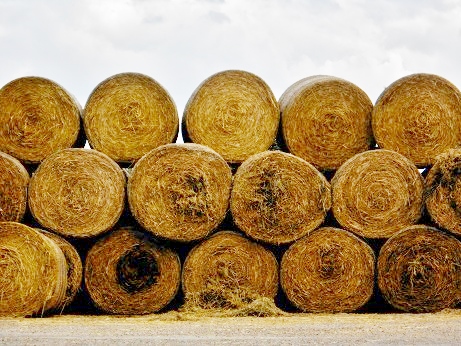-
About
- Our Work
- Get Involved
- Stay Updated
Kenyan youth get together, for the future they want
Democracy is the ability of citizens to enjoy equal opportunities of a resource, be it natural, social, human, or economic resource. Being in a third world country, Kenya, issues of democracy have resulted to political debates involving the civil society and the private sectors amongst many other interested parties. Our leaders have initially capitalized on their powers earlier instilled in them by the constitution to portray Impunity instead of democracy.
This is however not the case at present but as our new constitution now reduces powers of such leaders when it comes to our countrys governance, we still experience cases of constitution breaching and going against that rule of law. What is happening to our leaders? Are they in denial of the inevitable change that cannot be stopped? Probably they prefer living in their ancient cocoons where they could easily allocate Common Goods such as large tracks of forestland to people of their choice and make appointments to high positions as they pleased.
During my extensive course programme at Kenyatta university, I realized that Food Production and Democracy are apparently linked, somehow, in Kenya and is evidenced by how farming communities suffer from manipulation by government especially when it comes to provision of extension services to monitor agricultural development, giving loans to farmers, providing seeds and dictating prices of agricultural produce.
Most of African leaders have refused to mend their perception to suit the current rapidly changing times. Rebellions have been witnessed in some parts of Africa needless to mention the Post Election in my country, which claimed many innocent people and has since left many homeless, also politically instigated. This is evidence showing how the Kenyan people worship politics.
It was then all over the media, that The Kenyan government was authorizing importation of genetically modified maize into the country. It is quite a pity since our country has equal potential to export maize. On the contrary, however, somebody somewhere did not do his/her work properly to ensure farmers continue providing food on large scale. Our farmers have been and are still being exploited and this reduces morale to feed the country. As I advanced more with my curriculum at Kenyatta University, I learned that with proper systems of agriculture, land management systems and proper water and forest resources utilization, Kenya, Africa and the world at large can be food sufficient. For how long will we continue to starve?
As a youth, I believe it my responsibility not only to come up with solutions to improve agriculture but also I must embrace these change I believe in to help streamline Kenyas leadership. This way we shall enable fair treatment of all farmers in the country and boost our agricultural produce thereafter. We must not forget that Agriculture is backbone of our economy.
Our government has failed to ensure Food Security. The far-reaching results are evident. This is what we must support, Democratic Rule in Kenya and full restructuring of our agricultural institutions to improve agricultural capability in Kenya.
While interning at CORDIO East Africa, under the guidance of Dr. David Obura, I learned that communities living in the Kenyas Coast region are oblivious of the farming potential in the region. They are overindulging in fisheries hence causing another problem of over-exploitation of fisheries resources. If only the residents of the region had monetary capacity from government funding and extension services, I believe they would be able to produce fishery resources in ponds and tanks hence save our dwindling natural fisheries.
It is necessary that Kenyan youth be acquainted with systems that can improve food production without compromising on land resource. A Green Economy is a way forward for the world in order in order to feed the increasing population.
I am honored to take up this position of YPARD Kenya Representative. This is a platform for me to enhance my expertise in mobilizing the youth to actively take part in matters concerning the future we want.
Picture credit: Marina Cherbonnier
Tags:About the author
Related Posts
Comments
No comments made yet. Be the first to submit a commentBy accepting you will be accessing a service provided by a third-party external to https://archive.ypard.net/
Get in touch
Email: [email protected]
YPARD Global Coordination UnitHosted by AGRIDEA and the Czech University of Life Sciences Prague
Lausanne, Switzerland and Prague, Czech Republic - Our Work


